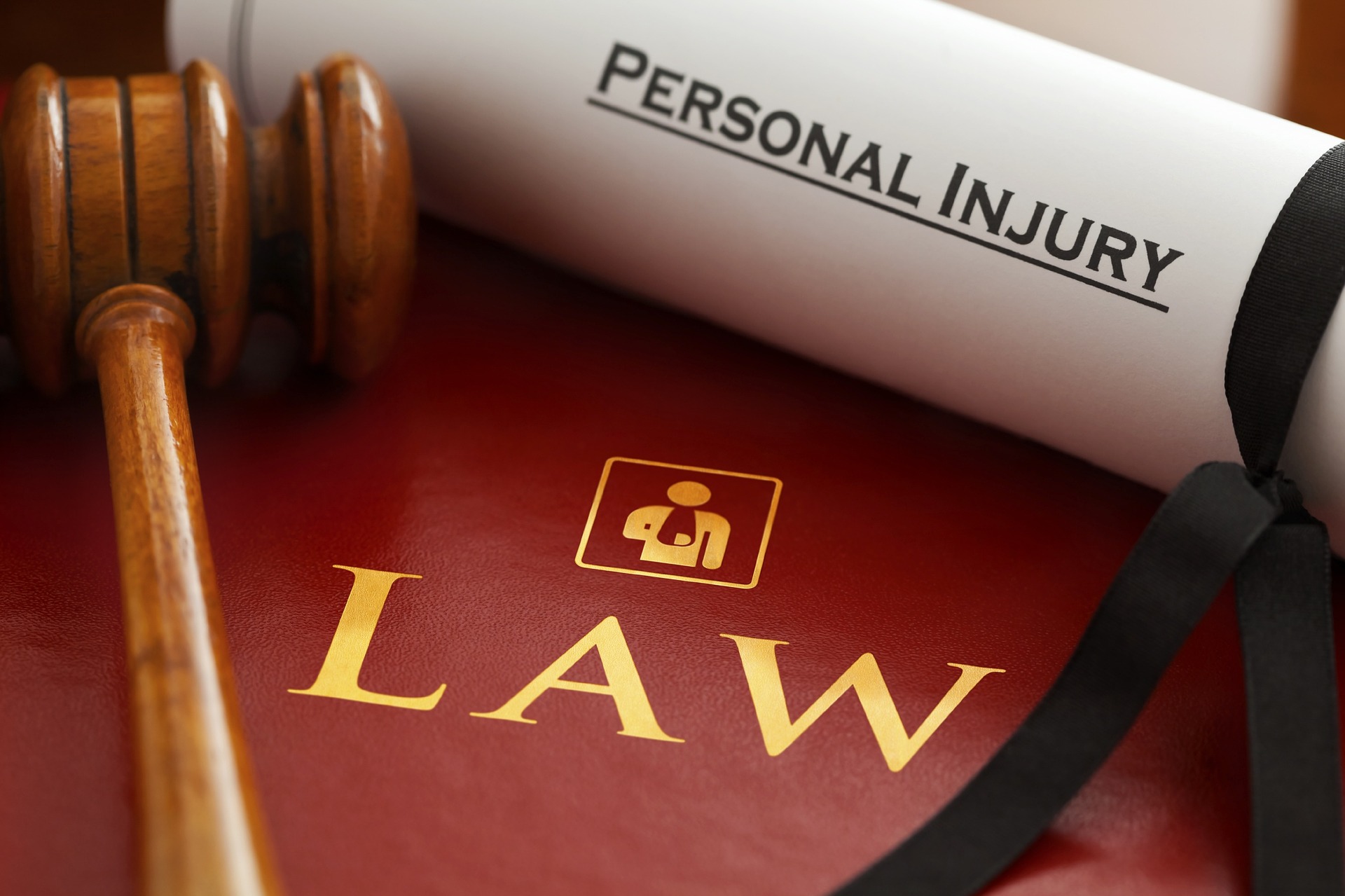Have you ever received a traffic ticket for you? Don’t you know what exactly to do after getting it? The first thing to do is, pay the fine and get over the ticket. This is the thought, which comes to everyone’s mind, but it is the worst thought. If you are thinking the same, trust me! You are digging a hole for yourself. Don’t make the wrong decisions if you have got the traffic ticket in your hand. First, clear one thing in your mind that paying the fine is not a solution because paying the fine will make the things worse for you.
A traffic ticket attorney will help you to fight with the traffic ticket. If you win the case and proved innocent by the court, you don’t have to pay even a single penny. But if you are proved guilty, you have to keep yourself ready for paying the fine. Always make sure that pay the fine on time and if you don’t pay the fine on time, be ready to suffer the further consequences.
There are certain important consequences, which you should know about paying the traffic ticket late. Let us start and ponder on the points.
Raised fines:
If you are not paying the fine due to one or the other reason, it does not mean that you can get rid of the fine. The actual thing is, if you don’t pay the traffic ticket on time, you will have to pay the higher fine. The more time will be elapsed, the more fine you will have to pay. Always check your ticket for the deadline and don’t cross the deadline so that you can avoid paying the higher amount of fine. Sometimes, people have to pay 250$-350$ on the traffic ticket.
Suspension of license:
If you are not paying the fine on time, you can get your driving license suspension. In most of the situations, it has been observed that the unpaid traffic tickets resulted in the suspension of driving license. Then, you have to get help from a traffic ticket lawyer.
The raised expense of car insurance:
If you are getting late in paying the traffic ticket, you have to pay the extra pennies on the car insurance. If you already have the car insurance then you will find difficulty in the renewal of the car insurance. So, pay the ticket on time in order to avoid such problems.
Arrest warrant:
If you have crossed the deadline of paying the traffic ticket, get ready to have the arrest warrant in your hand. If you are failed in paying the traffic ticket or if you are failed to stand in the court, you will receive an arrest warrant.
In the nutshell, you can get help from the traffic ticket lawyers. You can search for the best traffic ticket lawyer and you can make your search with the best traffic ticket lawyer near me.
Read Also:






















